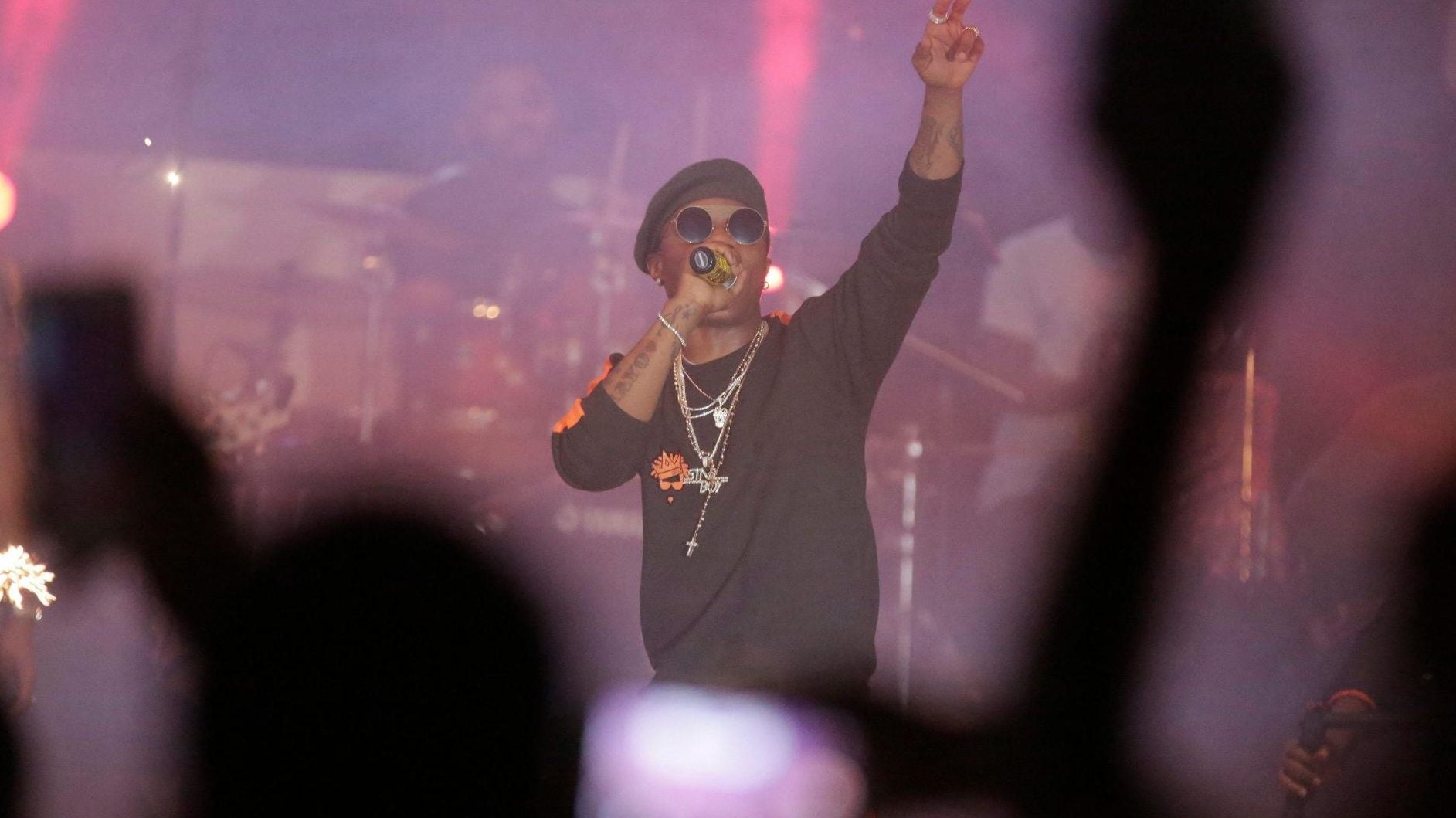Wizkid’s Shazam hit “Essence” is the latest milestone for Afrobeats
On Aug. 30, Essence became the number one song in the US on Shazam, the music search app owned by Apple.


On Aug. 30, Essence became the number one song in the US on Shazam, the music search app owned by Apple.
It placed Nigerian afrobeats star Wizkid above Ed Sheeran, Lil Nas X, Doja Cat, and The Weeknd on the app’s list of top 10 artists in the US, the latest sign of the African music genre’s increasing mainstream appeal.
The song of the summer
Essence is now being called the song of the summer, and topping the Shazam chart indicates frequent open air play and curiosity in listeners not familiar with the artist. It has spawned an official remix with Justin Bieber, and a growing body of freestyles and covers. TikTok dance videos set to it have captivated everyone from celebrities to fans, old and new alike.
The original song, which features Nigerian singer Tems in the opening verse and chorus, was first released in Oct. 2020 as a track on Wizkid’s “Made in Lagos” album. Ten months later, the album peaked at number one on the Billboard world albums chart, becoming only the second African album—after Burna Boy’s “Twice as Tall”—to do so.
🎧 For more intel on Africa’s music scene, listen to the Quartz Obsession podcast episode on Afrobeats. Or subscribe via: Apple Podcasts | Spotify | Google | Stitcher.
Between July and now, the original Essence or remix has topped Billboard’s world digital songs sales chart, topped Billboard’s R&B/Hip-Hop Airplay chart, and reached a new peak of number 13 on the Hot 100 this week – the highest-ever peak for a Nigerian artist’s song on the chart. Both versions have over 54 million Spotify streams.
Reaping from ten years’ work
Wizkid has had chart-topping moments before, notably in June 2016 with One Dance, the Drake song. With Essence, however, he’s arrived into his own as an artist whose supply of hits meets global demand.
Born in Lagos within the same environs that spurred African startups like Andela and Flutterwave, Wizkid broke out as an innovator on “Superstar”—his 2011 debut album—with anthems like Holla at your boy celebrating an idyllic African post-adolescence.
At the same time, he evolved almost instantly to serve party goers, endearing himself with the kind of groovy afrobeats that sold on the street. In his most mature iteration, “Starboy”—as he and his record label are known—he blends various styles as one at the top of his game, singing almost always with a glass of cognac in his left hand.
And why not? Last year, he copped a Grammy award for a collaboration with Beyoncé, joining a very exclusive club of African artists on both metrics. It doesn’t seem that will be the last of such honor, if this year’s run of milestones is any indication.
“Made in Lagos” now has a deluxe edition—a mix of the original tracks that featured Skepta and H.E.R.—plus the Bieber feature on Essence and three new songs for a total of 18. Wizkid will take the new collection on tour towards the end of this year at London’s O2 arena. As one can imagine, tickets have been in high demand with nearly every new date selling out in minutes.
Wizkid’s successes are not only a win for afrobeats, but also for contemporary African music that in the past years has not only spurred global hits but also established itself as lucrative for both local and international record labels. For any African musicians watching this space, their hope is that their own successes will one day mirror those of Wizkid.
Sign up to the Quartz Africa Weekly Brief here for news and analysis on African business, tech, and innovation in your inbox.